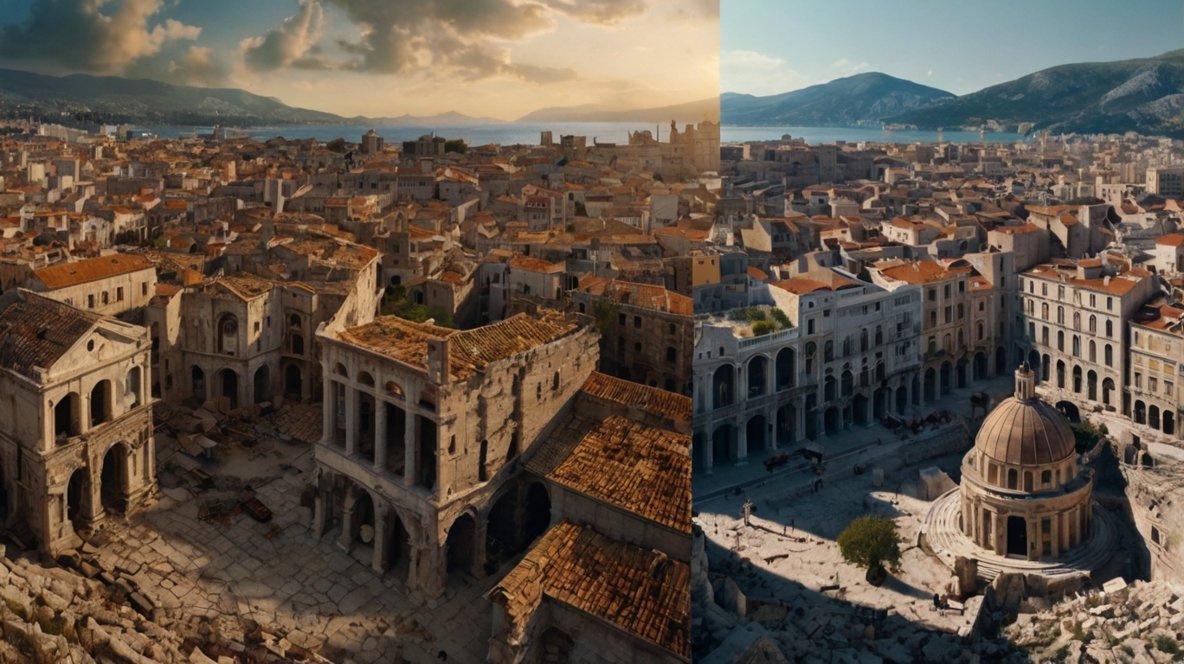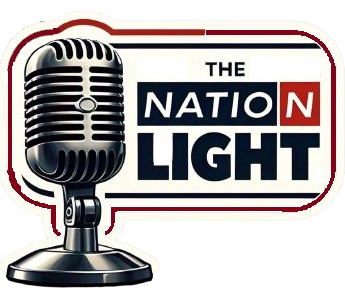Most important battles in history: 10 epic clashes that reshaped nations, toppled empires & changed civilization forever. Discover the turning points!
Introduction of Most Important Battles in History
When we examine the most important battles in history, we’re not just studying military engagements – we’re uncovering the pivotal moments that shaped civilizations, redrew maps, and determined the course of human progress. From the clash of bronze-age armies to 20th-century warfare, these decisive battles in world history created ripple effects that still influence our geopolitics, cultures, and technologies today.
Understanding these pivotal battles and their impact helps us comprehend modern conflicts, international relations, and even economic systems. The historical battles consequences extend far beyond their immediate outcomes – they’ve toppled empires (like the fall of Constantinople in 1453), birthed new nations (such as after the Battle of Yorktown), and changed cultural trajectories forever. As we explore these wars that changed the world, we’ll discover how single days of combat altered the destiny of millions.
1. Most Important Battles in History: The Turning Points
The most important battles in history share common traits: they decided the fate of civilizations, showcased revolutionary tactics, or marked the end of eras. Consider the Battle of Thermopylae (480 BC) – though a Persian victory, it became synonymous with heroic resistance. Similarly, the Battle of Hastings (1066) brought Norman rule to England, forever changing its language and culture.
These conflicts demonstrate how historical battles consequences can persist for centuries. The tactics at Cannae (216 BC) are still studied in military academies, while the nuclear aftermath of Hiroshima (1945) continues to shape international relations. Each represents a turning point in history where the world’s trajectory fundamentally shifted.
2. Wars That Changed the World: From Local to Global Impacts
The wars that changed the world often started as regional conflicts before their effects globalized. The Thirty Years’ War (1618-1648) began as a religious dispute but devastated Central Europe, leading to the Peace of Westphalia and modern nation-states. Similarly, the battlefield strategies that worked at Waterloo (1815) didn’t just defeat Napoleon – they established British naval supremacy for a century.
Some battles created unexpected consequences. The Mongol victory at Mohi (1241) opened Europe to invasions, while the impact of ancient battles like Actium (31 BC) determined whether Rome would remain a republic or become an empire. As seen in the Partition of India, even 20th-century borders owe much to earlier military outcomes.
3. Pivotal Battles and Their Impact on Modern Society
When analysing pivotal battles and their impact, we see how they shaped social structures. The American Civil War battles (1861-1865) ended slavery and redefined federal power. The greatest military leaders like Alexander at Gaugamela (331 BC) didn’t just win battles – they spread Hellenistic culture across continents.
The long-term effects of major wars appear in surprising places:
- Medieval agricultural systems stem from Carolingian battle logistics
- Modern diplomacy traces to the Congress of Vienna post-Napoleonic Wars
- Even the Hands Off Protest 2025 echoes historical resistance movements
4. Historical Battles Consequences: The Unintended Outcomes
The historical battles consequences often outpaced their original objectives. The Crusades failed religiously but opened trade routes that fueled the Renaissance. The world war turning points at Stalingrad (1943) and Midway (1942) didn’t just defeat fascism – they created superpower rivalries lasting decades.
Some consequences were economic. The famous battles timeline shows how the Battle of Plassey (1757) established British economic control in India, while the inflation vs deflation cycles often follow major conflicts.
5. Decisive Battles in World History: When Minutes Changed Centuries
The decisive battles in world history frequently turned on small moments:
- A sandstorm helping Saladin at Hattin (1187)
- Weather saving England from the Spanish Armada (1588)
- One undelivered message at Antietam (1862) prolonging the Civil War
These history’s most influential conflicts prove that while technology changes, the human elements of leadership, morale, and chance remain constant.
FAQs – Most Important Battles in History
Q: How did the most important battles in history influence cultural development?
The most important battles in history acted as cultural accelerators or disruptors. When Muslim forces prevailed at Yarmouk (636), it spread Arabic language and Islamic culture across the Middle East. Conversely, Christian victories in the Reconquista (like Las Navas de Tolosa, 1212) preserved European Latin traditions. Battles facilitated technology transfers – the Mongols spread Chinese innovations westward after their conquests. They also forced migrations, like Germanic tribes fleeing Hunnic pressures after Adrianople (378), which eventually contributed to Rome’s fall. These conflicts became cultural crossroads where religions, languages, and traditions collided and synthesized.
Q: What made certain battlefield strategies that worked in ancient times ineffective later?
The battlefield strategies that worked for centuries (like phalanx formations) failed when technology or tactics evolved. The longbow at Crecy (1346) rendered knightly cavalry obsolete, while trenches in WWI neutralized Napoleonic maneuvers. Environmental factors mattered – Mongol horse archers struggled in Southeast Asia’s jungles, while European siege tactics failed against Ottoman gunpowder weapons at Constantinople (1453). Social changes also outdated strategies – citizen-soldier armies defeated professional mercenaries in the American Revolution. As the Hands Off Protest 2025 shows, even modern “battles” require adapting tactics to new contexts.
Conclusion
From Marathon to Midway, the most important battles in history demonstrate how conflict has been a paradoxical engine of human progress – destroying while creating, ending eras while birthing new ones. These wars that changed the world remind us that historical turning points often occur violently, their historical battles consequences echoing through generations.
Yet understanding these pivotal battles and their impact isn’t just academic – it helps us comprehend current events, from Ukraine to Taiwan. The decisive battles in world history teach enduring lessons about leadership, technology, and the unpredictable nature of human affairs.

Final Takeaways
-
Battles accelerate technological/social change
-
Winners often inherit unsustainable situations
-
Climate/geography frequently decides outcomes
-
Cultural exchanges follow military confrontations
-
Individual decisions can alter historical trajectories
🌍 “🚀 Want to explore how historical conflicts shape today’s economies? Read our analysis of inflation vs deflation through the lens of post-war recoveries!
Drop your thoughts in the comments below!
Follow us on social media for more updates:
📢📢 Unlock Your Online Potential with Hostinger!
Struggling with Social Media addiction? To know about The Dark Side of Social Media 👉 Click Here
💻 Turn your screen time into income by creating a money-making website! With Hostinger’s affordable hosting, you can:
- ✅ Build a blog, e-commerce store, or portfolio in minutes
- ✅ Monetize through ads, affiliate marketing, or digital products
- ✅ Enjoy lightning-fast speed & 99.9% uptime
🎁 Exclusive 20% OFF for our readers:
👉 Hostinger Affiliate Link
Why Hostinger?
- ✔ 1-click WordPress install (perfect for beginners!)
- ✔ 24/7 live chat support
- ✔ Free SSL certificate (secure your site)
🌟 Example Success:
Riya, a former Social Media addict, now earns $750 /month from her self-care blog—built on Hostinger in just 2 days!
Your Turn:
- 1️⃣ Sign up with our link
- 2️⃣ Launch your site (use detox tips as content!)
- 3️⃣ Start earning while helping others break free!
💡 “Your phone is a goldmine—stop scrolling, start selling!”
Affiliate Disclosure: This page contains affiliate links. We may earn a commission at no extra cost to you.
Credible Sources with Links:
- John Keegan’s A History of Warfare
Relevance: The late military historian’s seminal work analysing battles across civilizations, with verified casualty figures and tactical insights. - Victor Davis Hanson’s Carnage and Culture
Relevance: Stanford scholar’s research on how 9 landmark battles shaped Western dominance, cited in academic military studies. - UNESCO Memory of the World – Battle of Stalingrad Archives
Relevance: Primary documents including maps, soldier diaries, and photos from pivotal WWII battles (certified authentic by UN).
Additional Verification Sources:
- The British Museum’s Battlefield Archaeology Reports
Search for “battlefield” in publications - West Point Military History Atlas
John Davidson Tourette BAFTA 2026: 3 Shocking Outbursts and the
John Davidson Tourette BAFTA 2026 incident: Discover the truth behind the outbursts and the racial slurs that overshadowed the night’s…
Snooki Cervical Cancer Diagnosis: 5 Heartbreaking Truths About Her Brave
Snooki cervical cancer diagnosis: Nicole Polizzi shares her stage 1 journey. Learn the vital health lessons from this Jersey Shore…
Eric Dane Death Cause ALS: 5 Heartbreaking Facts About the
Eric Dane death cause ALS: The beloved Grey’s Anatomy star and Euphoria actor has passed away at 53. Discover the…
Cinema Advertising Trends 2025: 7 Shocking Truths Behind PVR INOX
Cinema advertising trends 2025 reveal how PVR INOX fueled Aamir Khan’s Sitaare Zameen Par success. Urban films are making a…
US Attacks Iran Nuclear Sites: 3 B2 Bombers Obliterate Fordow
US attacks Iran nuclear sites as B2 bombers hit Fordow. Get the latest on US Iran war news, Israel conflict…
Google Passwords Leaked 2025: 16 Billion Credentials Exposed in Massive
Google passwords leaked 2025: A shocking 16 billion credentials were exposed in the latest data breach threatening Apple, Facebook, and…







